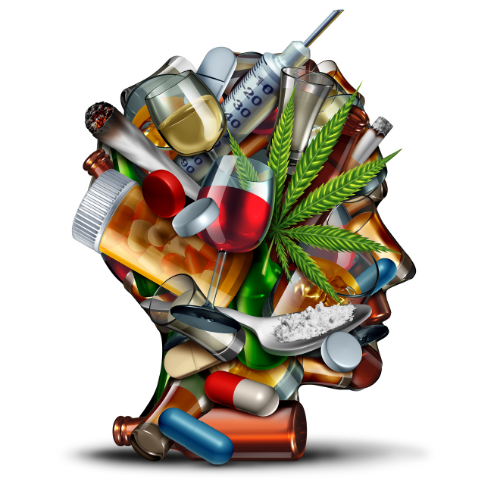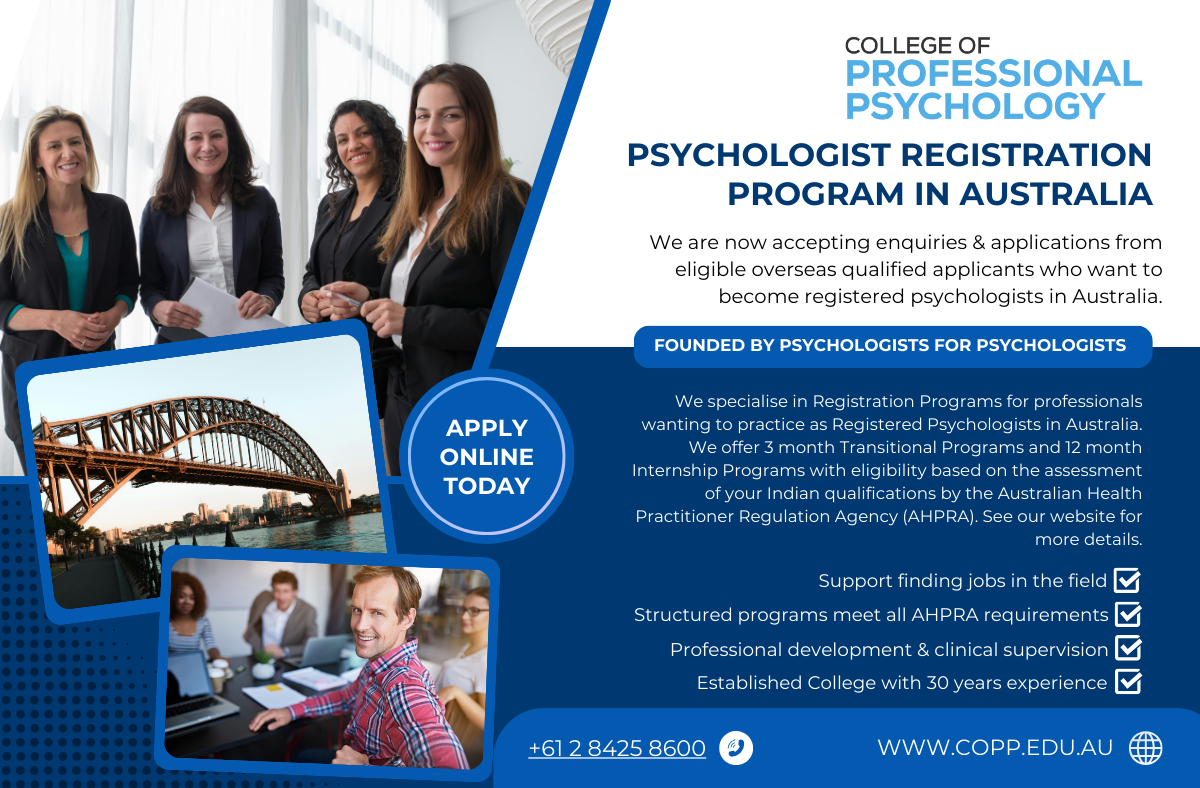Drug Addiction is a universal problem. According to the United Nations Office on Drugs and Crime (UNODC)’s World Drug Report 2022 around 284 million people use drugs worldwide. This report also states that India is one of the world’s single-largest opiate markets.
Alcohol, country liquor, opium, hashish and marijuana were freely available and used in India. Our sadhus and kings used these substances in hookahs to get high. But in those days, people used them in moderation and drug use was not a serious problem.
Drug Problem in India
The drug problem in India is a complex and multifaceted issue that poses a huge threat to the country’s public health and social fabric. Drug addiction and abuse have been steadily increasing and the problem is compounded by factors such as stresses of modern life, family problems, poverty, unemployment and social unrest. Young people, especially students, often experiment with drugs under the misconceived perception of this being a symbol of high social status or to cope with stress and pressure and end up as drug addicts.
Below are startling figures based on recent Government of India Figures:
- Over 10% of the population suffers from psychiatric disorders including depression, neurosis and psychosis.
- 15 people out of every 1000 are drug users.
- Chronic alcohol addiction ranges from 25 out of 1000 people.
- Psychiatric and De-addiction bed availability is a meager 20% of the required number. Thus, 80% of inpatient bed availability is unfulfilled across the country.
What is Addiction?
Simply put, drug addiction occurs when its abuse affects a person’s work and normal family life. It creates a ripple effect in the lives of the user and his immediate circle of family, friends, co-workers, neighbours and acquaintances. The abuse of the substance causes a tremendous personality change in the user and those who care about him. Drug addiction not only affects the addict but also the members of his family and friends.
What the Government of India is doing?
The Indian Government has taken several measures for fighting the issue. In August 2020, the Ministry of Social Justice and Empowerment launched ‘Nasha Mukt Bharat Abhiyaan’(NMBA) in 272 most vulnerable districts of India to address the problem. The Department of Social Justice & Empowerment is the Nodal Department in the Government of India for Drug Demand Reduction.
The Government has set up several de-addiction centers and rehabilitation facilities across the country to help individuals recover from drug addiction. These centers provide counseling, medical treatment, and support to those struggling with drug addiction .But these facilities are grossly inadequate and riddled with poor infrastructure and corruption. There are several other centers across the country which provide similar services to drug addicts. All these centers play a crucial role in helping individuals recover from drug addiction and prevent relapses.
What a Drug Addict should do?
Due to the fear of social stigma and legal repercussions, many drug users are afraid to seek help. The addict should:
- First accept that s/he is an addict and be ready to come out of it.
- Seek professional help: Should then seek help from a psychologist, psychiatrist, a drug rehabilitation center, or a support group. Professional help is necessary to overcome drug addiction. A professional can provide you with the necessary guidance, support, and treatment to recover from drug addiction.
- Follow a treatment plan: A treatment plan may include detoxification, counseling, therapy, and medication. It is essential to follow the treatment plan as prescribed by the professional to achieve the best results. It may also be necessary to spend some time in a rehabilitation centre.
- Make lifestyle changes: Making lifestyle changes suggested by your counsellors such as practicing healthy habits, exercise, and eating a nutritious diet can help in the recovery process. Avoid triggers and situations that can lead to drug use.
- Join a support group: Join a support group such as Alcoholics Anonymous which will help you connect with people who have similar experiences and struggles. A support group will provide you with the necessary emotional support and motivation to overcome drug addiction.
- Stay committed: Recovery from drug addiction is a long-term process and requires commitment and effort. It is essential to stay committed to the treatment plan and make necessary changes to maintain sobriety.
Rehabilitating from drug addiction is a challenging process. But with strong commitment and the right support and treatment, it is possible to overcome the addiction and return to a normal and fulfilling life.
(The author of the above article is Dr. Binoy Gupta, retired Chief Commissioner of Income tax, Govt. of India, 2005. With his Ph.D in law from Bombay University, he also holds a PG Diploma in Preventive Health Care Management, and many other qualifications.)




Family accepting that the addict has a problem then the problem can be solved. the major hurdle in all of this is Family is in denial.